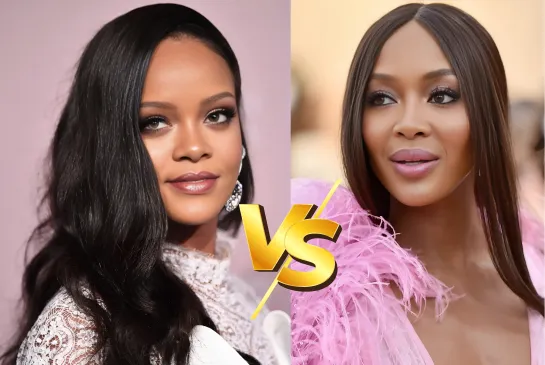Paris Hilton recently opened up in a personal essay for Teen Vogue about her ADHD diagnosis and how it has shaped her life. The 43-year-old reality TV star, entrepreneur, and mom reflected on the struggles she faced as a child, which eventually led her to a troubled teen facility. Now, she sees her ADHD as a source of strength rather than a limitation, calling it her “secret weapon.”
Hilton wrote about feeling “too energetic, too distracted, too talkative” as a child. This constant need for stimulation, combined with a school environment that couldn’t accommodate her needs, ultimately led to her being sent to the Provo Canyon School, where she endured severe abuse.
In her essay, she questioned, “I wish someone had asked, 'What’s really going on with her?'” and shared how she felt misunderstood for much of her early life. It was only later that she discovered ADHD was the root cause of her struggles.
“At first, being diagnosed felt like a label — something that boxed me in, defining me by what I couldn’t do, by what made me different,” she explained. “It’s something I used to keep hidden, worried about how it might be perceived.
Would people think I was too scattered, too unfocused, or incapable of success? But those challenges are just one side of the coin. The other side reveals something beautiful: creativity, passion, resilience, and a mind that thinks in bold, unexpected ways.”
 Hilton now sees her ADHD as a “superpower”
Hilton now sees her ADHD as a “superpower”
Hilton now sees her ADHD as a “superpower” that enables her to thrive in a world that values conformity. “It’s my secret weapon in a world that often tells us to play it safe,” she wrote.
Her neurodevelopmental disorder allows her to think differently, to anticipate trends, and to hyper-focus on things that matter most to her. “My brain doesn’t follow a straight line — it zigzags and explores uncharted territory, allowing me to break boundaries and stay ahead of the curve,” she added.
“ADHD is the reason I’ve been able to anticipate trends, it’s given me the creativity to build an empire, the drive to keep pushing the limits, and the empathy to connect with people on a deeper level.”
Though Hilton embraces the unique gifts her ADHD brings, she also acknowledges that it can be exhausting. “But let’s be real: ADHD can also be overwhelming and exhausting because my mind is constantly buzzing with thoughts, ideas, and distractions,” she shared.
She’s found ways to support herself, like giving herself “grace” and finding people who understand her challenges. She’s also become an advocate for changing societal views on ADHD, especially as it affects women and girls who are often undiagnosed or misdiagnosed. “The stigma surrounding ADHD — and neurodivergence in general — needs to change,” she urged.
“We live in a world where we’re often expected to fit into boxes, to follow the rules, and to do things the way everyone else does. But my ADHD has taught me that the most magical things happen when you break free from those expectations. We need to stop labeling neurodivergent individuals as 'disordered' and start recognizing the unique gifts they bring.”

Hilton has also channeled her ADHD into her creative projects, like her music album Infinite Icon, which features a song called “ADHD” that celebrates her journey and serves as a message to others with ADHD to embrace their differences. “I want people, especially young women, to know that being different is beautiful, and your ‘flaws’ can actually be your greatest assets. I’ve faced challenges, sure, but ADHD has given me an inner strength and confidence that nothing can take away,” she wrote. Through her nonprofit, 11:11 Media Impact, she is also working to raise awareness and support for those with ADHD and other neurodivergent conditions.
Hilton’s essay concludes with an encouraging message: “To anyone out there who feels like they’re struggling with ADHD or any other challenge, I want you to know this: you are not alone, and you are not defined by your diagnosis. Embrace your differences, because they are what makes you unstoppable.”
This message resonates with Hilton’s own journey and the way she has transformed her perceived weaknesses into sources of strength, creativity, and resilience. By sharing her story, she hopes to inspire others to view their neurodivergence as a unique asset, one that can lead to profound personal growth and success.

-1728362777-q80.webp)
-1729054383-q80.webp)
